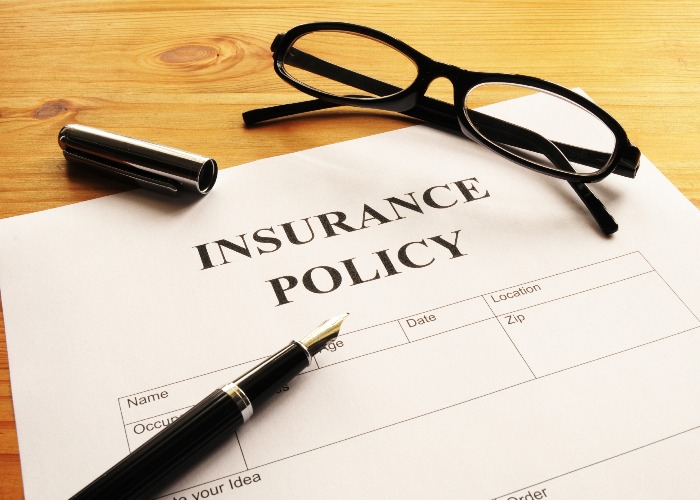Insurance Premium Tax rise to push up cost of cover

Homeowners and motorists face premium increases.
Increasing the Insurance Premium Tax will mean millions of homeowners and motorists will face higher premiums, according to experts.
In the Summer Budget Chancellor George Osborne announced that the Insurance Premium Tax (IPT) will rise from 6% to 9.5% from November.
The tax rise will apply to pet, car, mobile, contents, buildings and private medical insurance. Travel insurance isn’t affected as it is charged at a higher rate of 20%, which remains unchanged.
IPT was introduced as a tax on insurers in 1994, but most pass the cost of the tax onto customers in their premiums. It last rose in January 2011.
Affect on motorists
The rise in IPT will seriously affect car insurance premiums, with young drivers in particular set to suffer.
uSwitch estimates that drivers aged between 17 and 22 could find themselves paying an average premium of £1,247 a year from November. That’s an increase of almost £40, thanks to the IPT rise.
But young drivers won’t be the only ones to suffer. AA Insurance calculates that the change will add an average £17.50 to all car insurance premiums.
Janet Connor, managing director of AA Insurance, said: “The contention that falling premiums somehow justifies the tax increase is outrageous. This couldn’t be a worse message for motorists from the Chancellor.”
The average premium at the end of March 2015 was £530, having fallen from a peak of £742 at the end of 2011. However premiums were already starting to climb again, and now Connor warns that an overall increase of 10% or more by the end of the year is not out of the question.
Cut the cost of your car insurance with loveMONEY
Underinsurance may rise
Another consequence of the increase to IPT could be that people end up underinsured. “While 9.5% is still a reasonably low rate compared to other countries, it could be enough to tip the point for a customer to reduce their cover, or opt for no cover at all,” says Adrian Smith, global head of IPT at KPMG.
This could have particularly devastating affects when it comes to car insurance. We already struggle with huge numbers of uninsured drivers on the road and the problem may get worse.
“Those who struggle to pay for car insurance may well be tempted to attempt to drive without cover. Today is a very bad day for car owners,” adds Connor.
Cut the cost of your car insurance with loveMONEY
More on insurance:
Comments
Be the first to comment
Do you want to comment on this article? You need to be signed in for this feature